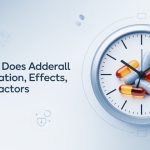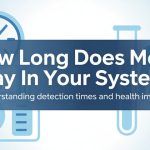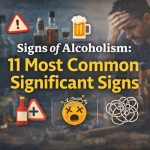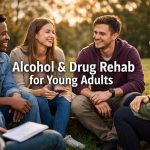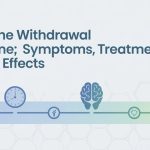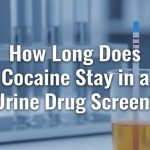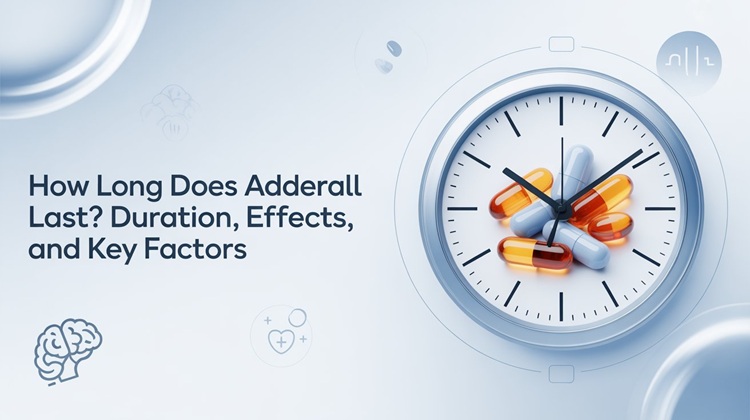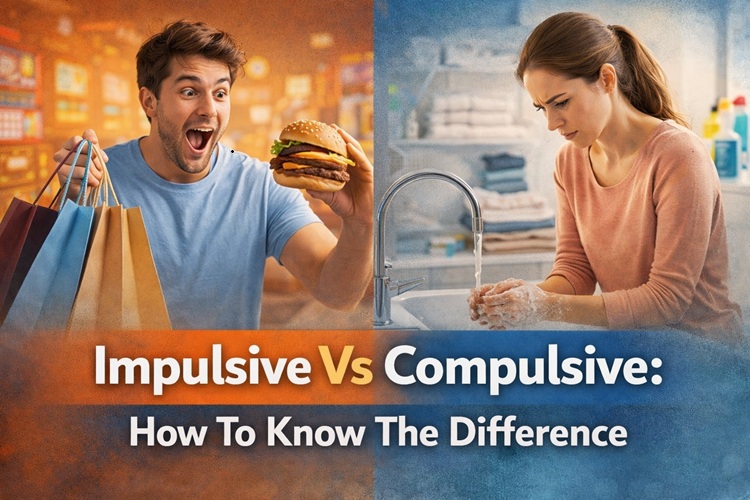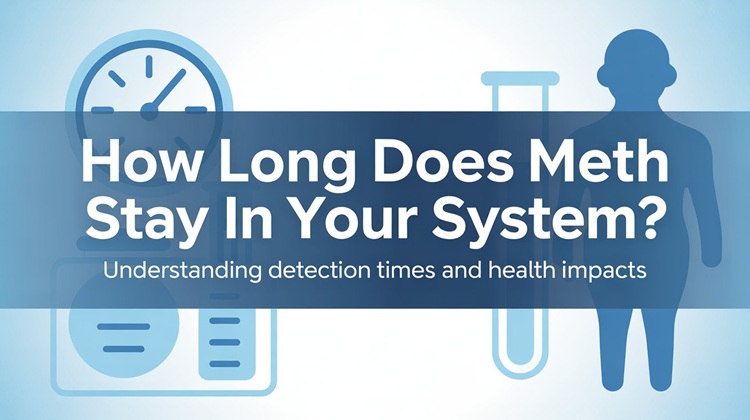The National Institute on Drug Abuse (NIDA) reports that substance abuse and addiction can worsen the symptoms of mental health disorders, including anxiety, depression, and bipolar disorder. Conversely, individuals with mental health disorders may be more likely to turn to drugs or alcohol as a form of self-medication, leading to substance abuse and addiction.
A study published in the Harvard Medical Journal found that people with co-occurring mental health and substance abuse disorders have a greater risk of relapse and poorer treatment outcomes than those with just one disorder. The study suggests that integrated treatment for both conditions is essential for successful recovery. Integrated treatment involves addressing both the addiction and the underlying mental health issue simultaneously.
World Psychiatry reports that effective treatment for co-occurring substance abuse and mental health disorders includes a combination of medication, therapy, and support groups. In particular, cognitive-behavioral therapy (CBT) has been found to be effective in treating both addiction and mental health disorders. CBT helps individuals identify and change negative thought patterns and behaviors that contribute to both conditions.
The American Journal of Psychiatry reports that a multidisciplinary approach is necessary for effective treatment of co-occurring substance abuse and mental health disorders. This includes addressing medical, psychiatric, social, and legal issues, as well as providing ongoing support and aftercare.
In conclusion, substance abuse and mental health issues are closely linked and require integrated, multidisciplinary treatment for successful recovery. Effective treatment includes a combination of medication, therapy, and support groups, with cognitive-behavioral therapy being particularly effective. Ongoing support and aftercare are also crucial for maintaining long-term recovery.
[lightweight-accordion title=”References”]
Harvard Medical School: Co-Occurring Disorders: Integrated Dual Diagnosis Treatment Harvard Medical School
World Psychiatry: Integrated Treatment of Substance Abuse and Psychiatric Disorders
World Psychiatry
American Journal of Psychiatry: Multidisciplinary Treatment of Co-Occurring Substance Abuse and Mental Health Disorders. American Journal of Psychiatry
[/lightweight-accordion]






